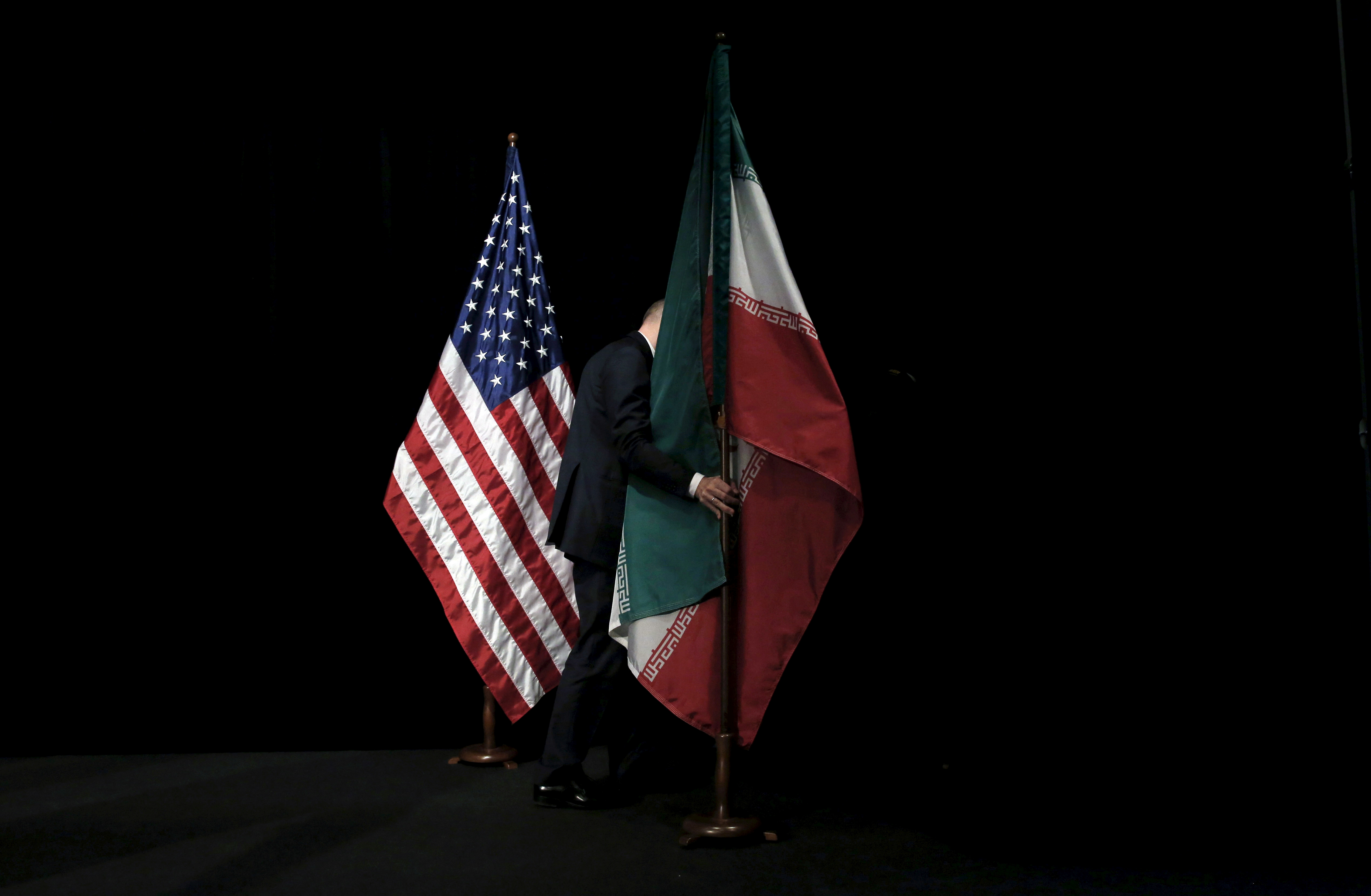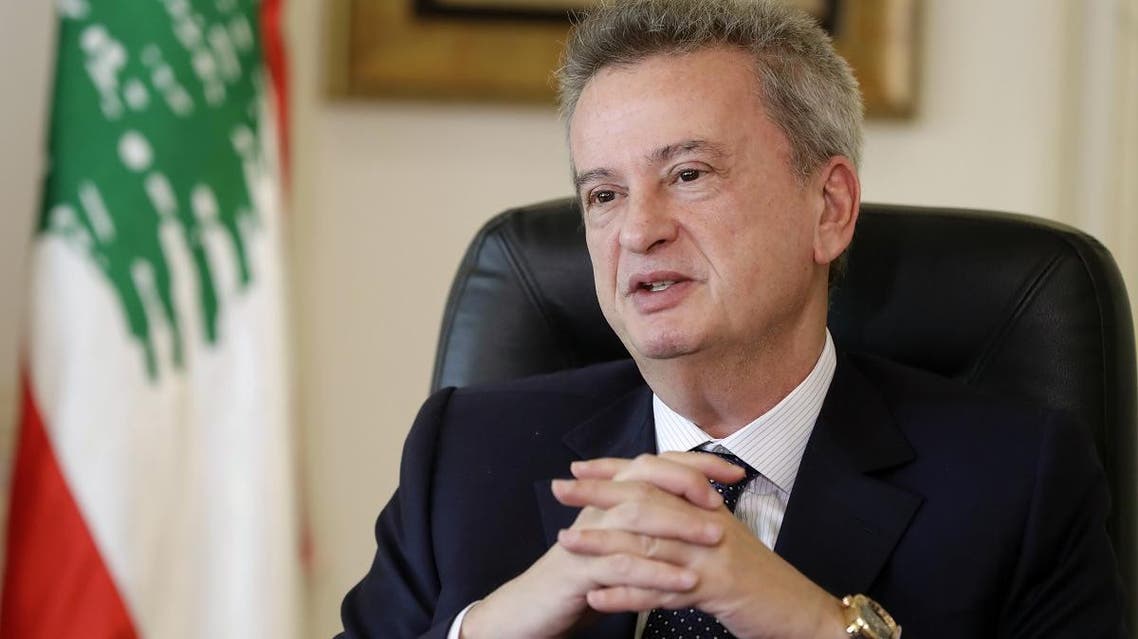![The Lebanese pound has lost more than 85 percent of its value against the dollar since the country decended into economic crisis in 2019 [File: Mohamed Azakir/Reuters]](https://www.aljazeera.com/wp-content/uploads/2021/05/1000-5.jpg?resize=770%2C513)
By Kareem Chehayeb — aljazeera.com — — Beirut, Lebanon – Lebanon’s caretaker Prime Minister Hasan Diab says his government wants to introduce a cash card programme to offer struggling citizens a safety net for buying essential items after subsidies that drain the country’s foreign reserves are withdrawn. But he fears Parliament and Lebanon’s central bank will not throw their support behind the proposal. Lebanon subsidises fuels, medicines, wheat, and other basic food items that the central bank imports at the official exchange rate of 1,507 Lebanese pounds to $1 – an obsolete rate that has not changed despite the country’s deep economic crisis that ignited in October 2019. Meanwhile, at market exchange rates, the pound has lost some 85 percent of its value against the dollar.
In an interview on Monday with Al-Hurra, a US-based Arab satellite channel, Diab said subsidies cost the government $5bn a year, while cash cards would cost only $1.2bn – saving the state about $3bn annually. But he does not believe those compelling maths are enough to secure the support he needs from Parliament or the central bank to push through the plan. “We have faced opposition from day one for everything we have done,” Diab said during the Al-Hurra interview. “We cannot lift subsidies without agreeing on cash cards.” Diab is proposing to give cash cards loaded with United States dollars to about 750,000 vulnerable families after subsidies are lifted
. Those dollars would then be converted into Lebanese pounds when goods are bought. But key details of the plan are still unclear, such as the exchange rate that would apply to the cards, what exactly can be bought with them, or how families would be vetted to determine eligibility and benefit levels. A ministerial source told Al Jazeera that the cabinet had discussed Diab’s plan among other cash card programmes on Tuesday, including one that the caretaker Economy Minister Raoul Nehme presented last December. Diab has reportedly proposed to lift all government subsidies, with the exception of medicine and wheat.











